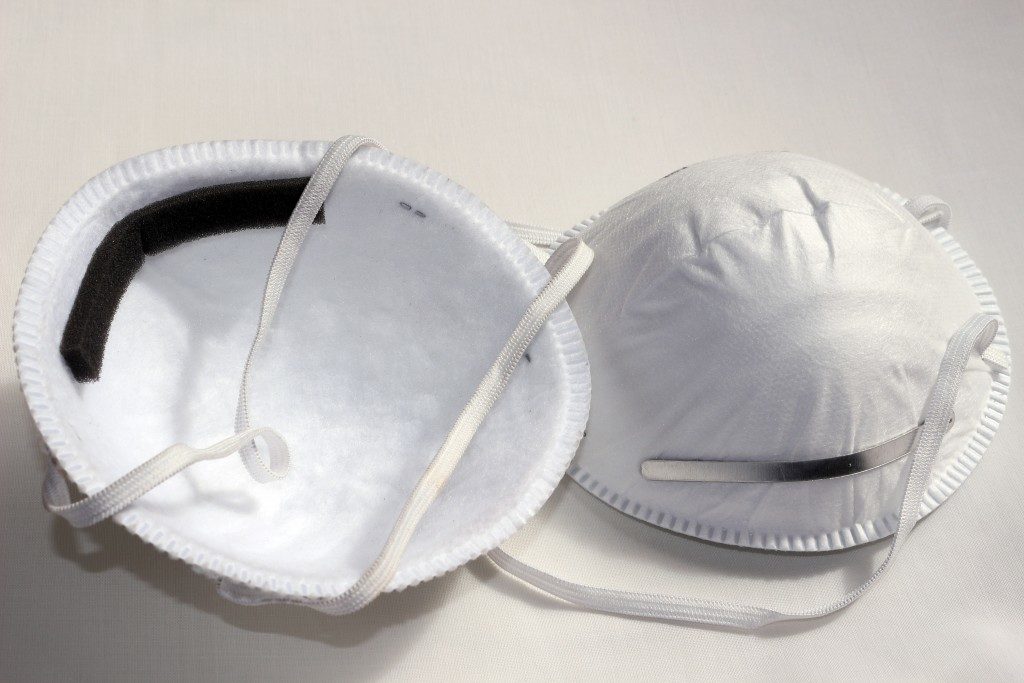Parents of children who have asthma will do everything to prevent any attacks from happening. It is heartbreaking and overwhelming to see a kid struggling to breathe during an asthma attack. Parents and caregivers constantly seek relief by buying epinephrine mist or EpiMist for asthma inhalers and other products that can alleviate the symptoms of the condition.
Asthma medication should always be on hand, and both the child and the caregiver should be alert and ready. Inhalers are one of the most prescribed medications for asthma. To properly manage an asthma attack in children, everyone in the household should be well aware of the symptoms, the early signs, red flags and critical stages.
Symptoms of Asthma
Asthma attacks happen when the bronchial airways become constricted and narrow as a response to an allergen or irritant. It can be due to food, pollution, smoke, smog, medication or stress. An attack can be classified into mild, moderate or severe. It can happen anytime, daily, once in a while or only after physical activity.
Parents should pay attention to the early warning signs that may indicate an oncoming asthma attack. It can range from a slight tightness in the chest, a scratchy throat, headache, tiredness and increased mucus production. These symptoms can worsen, and after some time, the bronchial airways will start to swell.
Increased mucus production can bring an onset of an asthma attack. A child will then experience wheezing, constant coughing, tightness in the chest, anxiousness and start gasping for air. If this progresses to a life-threatening stage, a child will have difficulty talking and experience labored breathing. The patient’s nostrils will flare and there will be a bluish tint to the skin, which is a sign of oxygen deprivation. This is a critical stage that needs immediate medical attention.
Prevention and Treatment

Most asthma patients use long-term preventive and daily medication to keep the symptoms under control. Besides medication, there are natural asthma relief inhalers for flare-ups. Since there is no permanent cure for asthma, patients need to rely on asthma treatments intended to keep symptoms in check and prevent them from progressing.
Healthcare providers also advise parents to avoid triggers that may cause asthma attacks. These include keeping patients away from all airborne irritants and allergens, which are bothersome to the bronchial airways. Parents should be aware of what triggers an attack in their children so that the kids will know what things or elements to avoid.
Children should also be monitored to help control and manage the symptoms better and avoid new triggers. Age-appropriate medication can be adjusted and prescribed by doctors when new triggers are identified.
Many parents are still looking for the best possible treatment to help manage their children’s asthma symptoms. There are other options, but most parents are leaning towards natural healing and treatment methods that might alleviate the symptoms experienced by their kids. Some are trying out homeopathy, herbal remedies and chiropractor therapy, which are said to help them and their children deal with asthma symptoms better.
